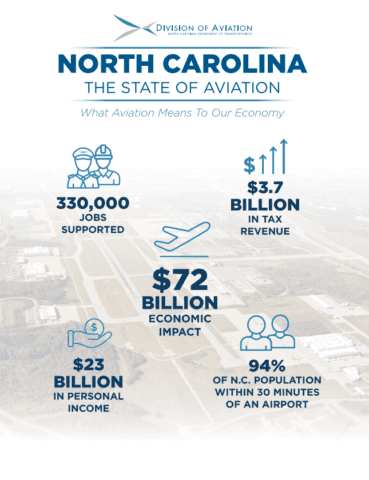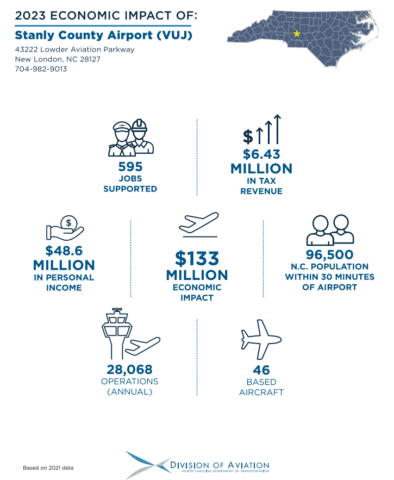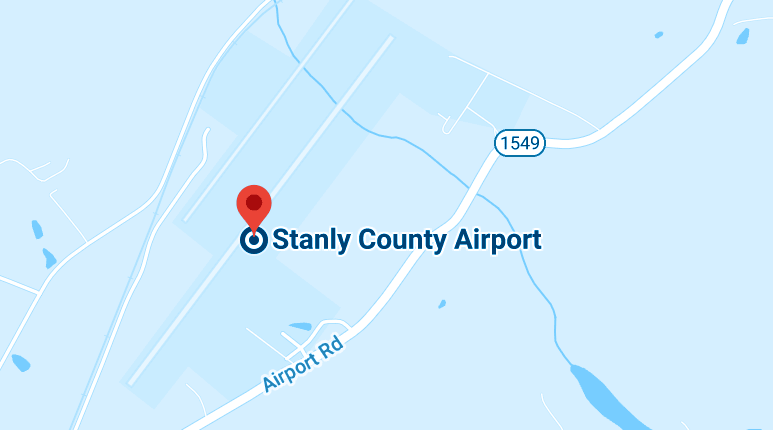Stanly County Airport Names New Airport Director
Welcome New Airport Director: Randy Shank
 Randy Shank began his career in aviation on March 19, 1985 with Piedmont Airlines in Charlotte, NC. He quickly fell in love with the operational aspects of a large commercial hub and spent the first 14 years of his airline career working in both below-the-wing and above-the-wing job functions at Charlotte Douglas International Airport.
Randy Shank began his career in aviation on March 19, 1985 with Piedmont Airlines in Charlotte, NC. He quickly fell in love with the operational aspects of a large commercial hub and spent the first 14 years of his airline career working in both below-the-wing and above-the-wing job functions at Charlotte Douglas International Airport.
In January 1998, Mr. Shank moved to a role in management in the Customer Service Training Department. He held various roles at the Flight Simulation Training Center, including project management initiatives, classroom facilitation, and human resource needs management.
After completing 34 years in commercial aviation, Mr. Shank retired from American Airlines on March 19, 2019. He became the SCUSA Transportation Director on April 1, 2019 and was responsible for the comprehensive oversight of the public transportation system for Stanly County, NC. There, he gained insight into the intricacies of managing a departmental budget, while directing and managing all SCUSA operations and personnel.
Mr. Shank will return to his aviation roots as the new Stanly County Airport Director on July 17, 2023.
Mr. Shank and his wife, Carol, have been married for 35 years. They have two grown children, who reside with their spouses in Charlotte and Apex.



